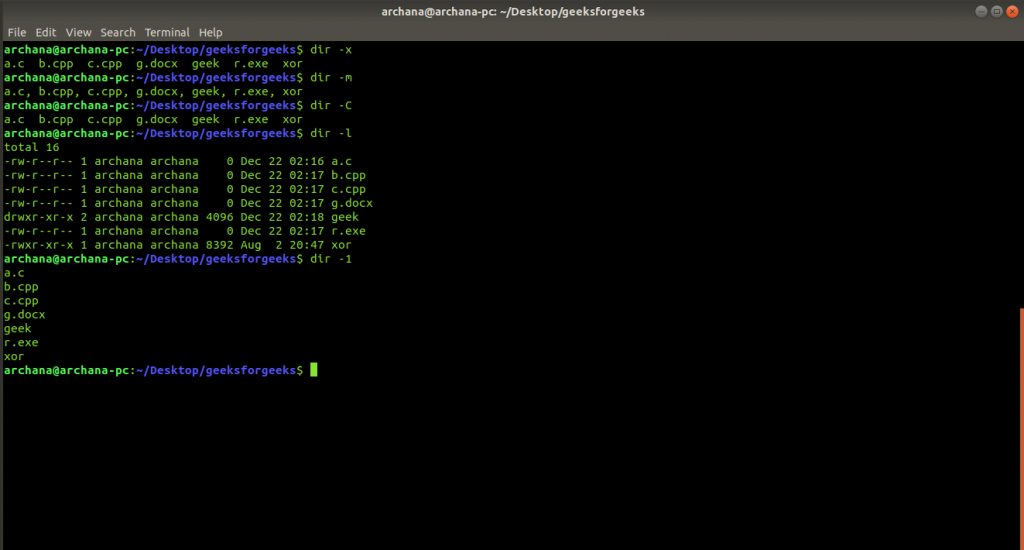


( -name " *.pas" -o -name " *.dfm" ) : Only the *.pas OR *.dfm files, OR specified with -o in the find specifies from the current directory. type f \( -name "*.pas" -o -name "*.dfm" \) -print0 | xargs -null grep -with-filename -line-number -no-messages -color -ignore-case "searchtext" type f -name "*.*" -print0 | xargs -null grep -with-filename -line-number -no-messages -color -ignore-case "searthtext"Īnd if you have an idea what the file type is you can narrow your search down by specifying file type extensions to search for, in this case. "/home" depending where you actually want to search.Įxpanding the grep a bit to give more information in the output, for example, to get the line number in the file where the text is can be done as follows: find. So in the examples above, you'd better replace ' /' by a sub-directory name, e.g. Warning: unless you really can't avoid it, don't search from '/' (the root directory) to avoid a long and inefficient search! Note: You can add 2>/dev/null to these commands as well, to hide many error messages. The Silver Searcher: ag 'text-to-find-here' / -l RipGrep - fastest search tool around: rg 'text-to-find-here' / -l Better try them, provided they're available on your platform, of course: Faster and easier alternatives The find command is often combined with xargs, by the way.įaster and easier tools exist for the same purpose - see below. \ 2>/dev/nullįind is the standard tool for searching files - combined with grep when looking for specific text - on Unix-like platforms. This will only search through those files which have. -e is the pattern used during the searchĪlong with these, -exclude, -include, -exclude-dir flags could be used for efficient searching:.-l (lower-case L) can be added to just give the file name of matching files.-r or -R is recursive use -R to search entirely.Do the following: grep -Rnw '/path/to/somewhere/' -e 'pattern'


 0 kommentar(er)
0 kommentar(er)
